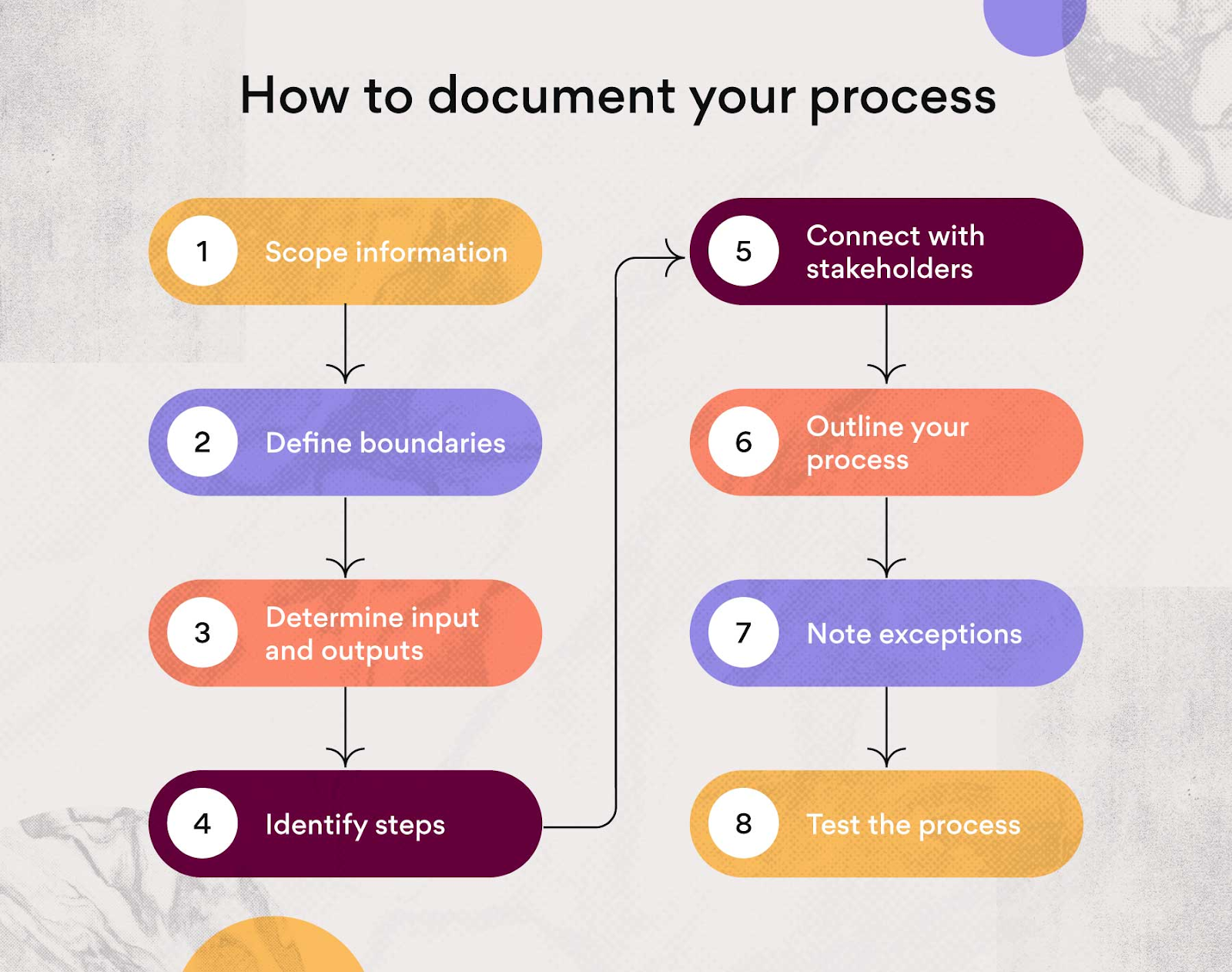6 Essential Documents for FSBO Success

Introduction to FSBO

The process of selling your home without involving a real estate agent, commonly known as For Sale By Owner (FSBO), can seem both liberating and daunting. Selling your home directly not only saves on the hefty commission fees but also gives you full control over every aspect of the transaction. However, navigating the FSBO landscape requires a firm grasp of several crucial documents. These documents ensure you’re well-prepared, compliant with legal requirements, and primed for a successful sale.
1. Property Disclosure Statement

A critical part of transparency in real estate transactions is the property disclosure statement. This document serves multiple purposes:
- It informs potential buyers about any known defects or issues in the property.
- It helps in mitigating legal risks by protecting sellers against claims of misrepresentation or omission.
- It establishes a basis for trust and honesty between the seller and buyer.
Here’s what you need to know:
| What to Disclose | Examples |
|---|---|
| Structural Issues | Cracks, foundation problems, or leaks |
| Environmental Concerns | Lead paint, mold, or asbestos |
| Legal Issues | Ongoing disputes or zoning changes |
| Past Repairs | Recent renovations or additions |

📝 Note: Requirements for disclosure can vary by state, so always consult local laws to ensure compliance.
2. Purchase and Sale Agreement

The Purchase and Sale Agreement is the cornerstone document of your FSBO sale. This contract outlines:
- The agreed price for the property.
- Terms of the sale, including any contingencies.
- Details about closing dates, financing arrangements, and what’s included in the sale.
It’s imperative that this document:
- Is reviewed by a real estate attorney for legal accuracy.
- Clearly delineates responsibilities for repairs, closing costs, and earnest money.
- Includes necessary clauses to protect both parties.
3. Title Report

To ensure that the property can be legally transferred to a new owner, a Title Report is essential:
- It verifies ownership.
- It reveals any liens, easements, or other encumbrances that might impede the sale.
- It can uncover issues like unpaid property taxes or undisclosed homeowners association fees.
4. Home Inspection Report

An optional yet highly recommended document, the Home Inspection Report, provides:
- An impartial, detailed examination of the property’s condition.
- Potential negotiation leverage with buyers if minor issues are identified.
- Documentation that you have proactively addressed any problems before listing.
Having this report can enhance buyer confidence, demonstrating your commitment to full disclosure.
5. Seller’s Net Sheet

A practical tool for your FSBO journey, the Seller’s Net Sheet, helps in:
- Calculating your proceeds after all costs associated with the sale.
- Understanding the financial implications of selling your home.
- Including items like closing costs, seller’s contributions, and outstanding mortgage balance.
This sheet ensures you have a realistic view of your final financial outcome.
6. Lead-Based Paint Disclosure

If your home was built before 1978, providing a Lead-Based Paint Disclosure is not just good practice but a legal necessity:
- Informs buyers about the presence of lead paint.
- Offers educational materials on lead paint hazards.
- Complies with the Residential Lead-Based Paint Hazard Reduction Act of 1992.
📝 Note: Non-compliance can lead to penalties, so this disclosure is non-negotiable for older properties.
In the world of FSBO, where you are your own agent, these documents serve as the backbone of your transaction. They protect you legally, reassure potential buyers, and streamline the selling process. With these essential documents in hand, you're well on your way to a successful FSBO sale.
Ultimately, the essence of a successful FSBO sale lies in preparation, transparency, and a firm understanding of the legal paperwork involved. Each of these documents plays a pivotal role in ensuring a smooth transaction, building trust with buyers, and safeguarding your interests. By meticulously addressing these aspects, you empower yourself to make informed decisions, reduce the risk of legal issues, and facilitate an efficient sale. Remember, while these documents are crucial, they are part of a larger strategy that includes effective marketing, negotiation skills, and market knowledge.
Do I need an attorney for FSBO?

+
While not mandatory, hiring an attorney for reviewing documents like the Purchase and Sale Agreement can provide peace of mind and ensure that everything is legally sound.
Can I sell my home without disclosing known defects?

+
Disclosing known defects is not just an ethical obligation but often a legal one. Failing to do so can result in legal actions from the buyer post-sale.
How long is the FSBO process?

+
The duration varies based on several factors, including market conditions, pricing, how well the home is prepared for sale, and how aggressively you market it.
What if a buyer wants to negotiate the terms?

+
Negotiation is common in real estate. Be prepared to discuss terms like price, closing dates, and contingencies, keeping your financial and legal advice in mind.